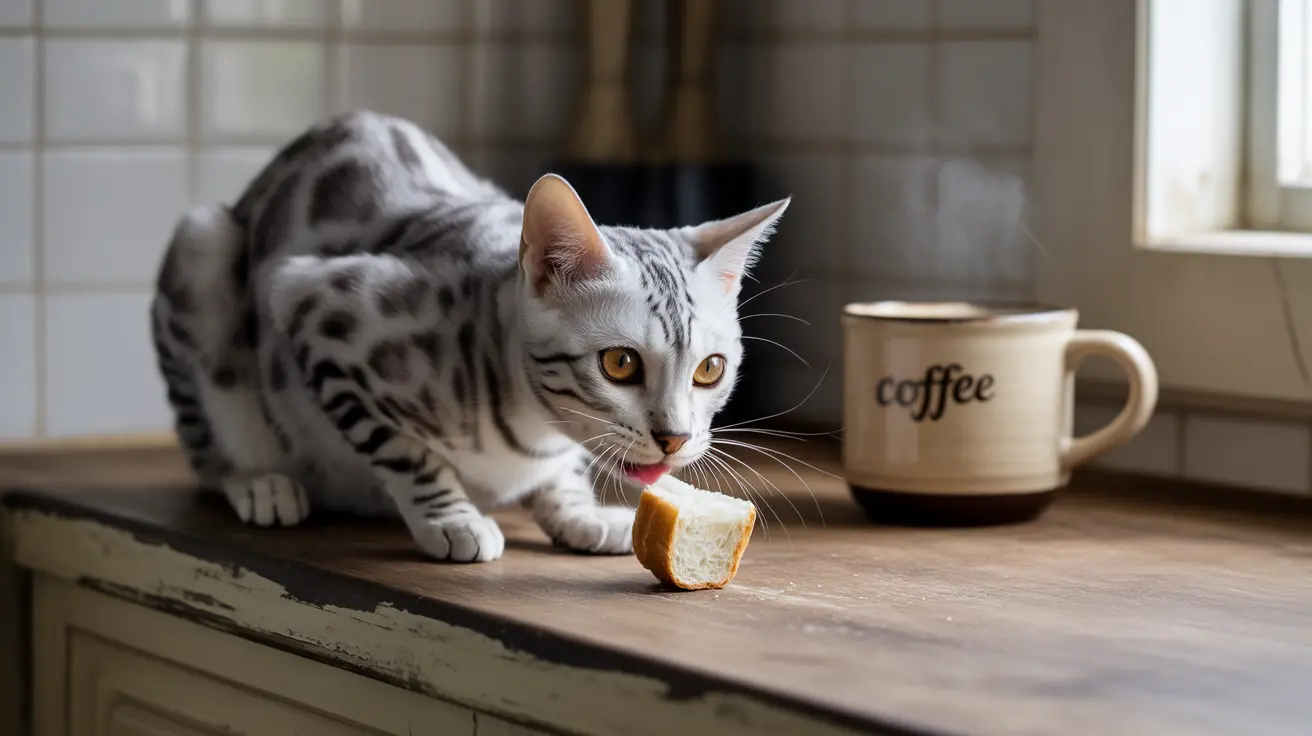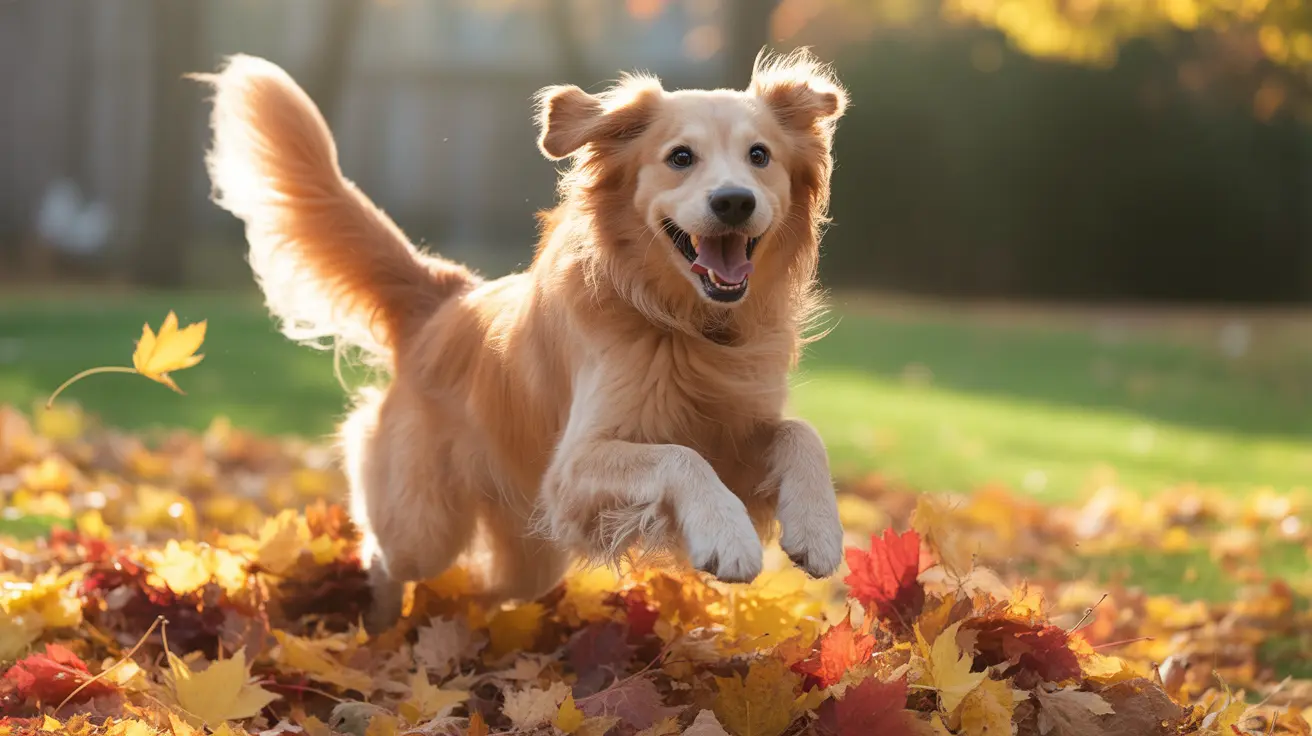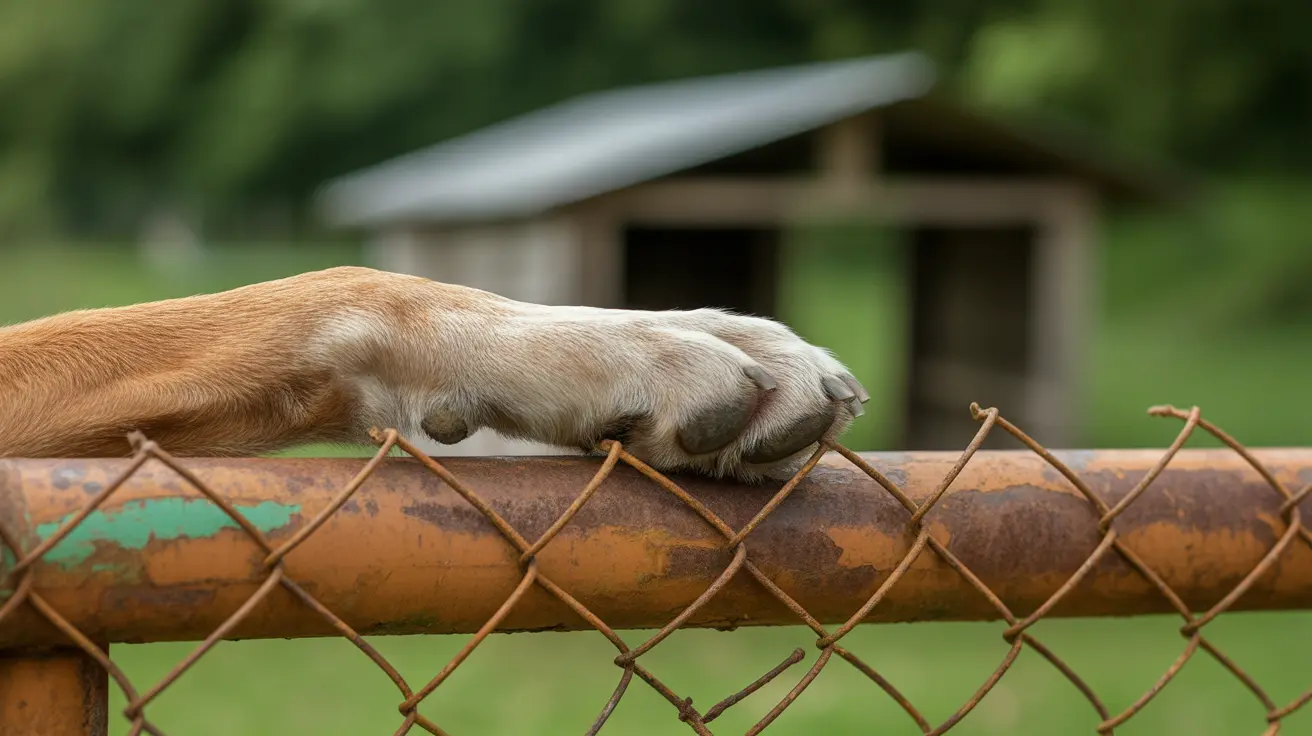As a pet owner, you might wonder whether sharing your morning toast with your feline friend is safe. While cats can technically eat plain bread in small amounts, the relationship between cats and bread is more complex than a simple yes or no answer. Let's explore everything you need to know about cats and bread consumption, including safety concerns, potential risks, and better dietary alternatives.
Understanding the facts about cats and bread is crucial for responsible pet ownership. While bread isn't toxic to cats in its plain, baked form, it's important to recognize that cats are obligate carnivores with specific nutritional needs that bread simply cannot meet.
The Basic Facts About Cats and Bread
Plain, fully-baked bread is generally non-toxic to cats when offered in minimal amounts. However, cats lack the digestive enzymes needed to properly process carbohydrates, making bread nothing more than empty calories for your feline companion. A single slice of bread can contain up to 20% of a cat's daily caloric needs, highlighting why even small portions should be carefully considered.
When Bread Becomes Dangerous
Several types of bread can pose serious health risks to cats:
- Raw bread dough containing yeast (can cause life-threatening bloat)
- Garlic or onion bread (toxic to cats)
- Raisin bread (raisins are poisonous to cats)
- Bread containing xylitol (artificial sweetener toxic to pets)
- Flavored or seasoned breads with harmful additives
Nutritional Considerations
Cats require a diet rich in animal protein, essential amino acids, and specific nutrients that can only be found in meat. Bread provides none of these crucial elements:
- No essential amino acids needed by cats
- Limited protein value
- High in unnecessary carbohydrates
- Can contribute to weight gain
- May fill cats up, preventing them from eating their nutritional food
Safe Bread Practices for Cats
If you choose to offer bread to your cat, follow these guidelines:
- Only give plain, baked bread with no additives
- Limit portions to tiny pieces (smaller than a fingernail)
- Observe your cat for any adverse reactions
- Never make bread a regular part of their diet
- Always consult with your veterinarian first
Better Alternatives to Bread
Instead of bread, consider these healthier treat options for your cat:
- Commercial cat treats formulated for feline nutrition
- Small pieces of cooked lean meat
- Freeze-dried meat treats
- Veterinarian-approved cat snacks
Frequently Asked Questions
Can cats safely eat plain bread, and how much is okay?
Cats can safely eat small amounts of plain, baked bread occasionally. Limit portions to tiny pieces (quarter-inch cubes) no more than once or twice a week.
Why is bread considered bad nutrition for cats despite being non-toxic?
Cats are obligate carnivores requiring nutrients from animal proteins. Bread provides empty calories and carbohydrates that cats don't need and can't properly digest.
What types of bread should I never feed my cat, and why are they harmful?
Never feed cats raw dough, or bread containing garlic, onions, raisins, or xylitol. These ingredients can cause serious health issues ranging from digestive problems to life-threatening conditions.
Can feeding bread cause health problems like obesity or digestive upset in cats?
Yes, regular bread consumption can lead to weight gain, digestive issues, and nutritional imbalances. It may also cause cats to eat less of their properly balanced cat food.
How can I tell if my cat is allergic or sensitive to bread or its ingredients?
Watch for signs like vomiting, diarrhea, excessive scratching, or changes in behavior after bread consumption. If you notice any of these symptoms, discontinue bread and consult your veterinarian.
Remember, while bread isn't inherently dangerous in small amounts, it's best to stick to a proper feline diet that meets all your cat's nutritional needs. If you're considering adding any human food to your cat's diet, always consult with your veterinarian first.






